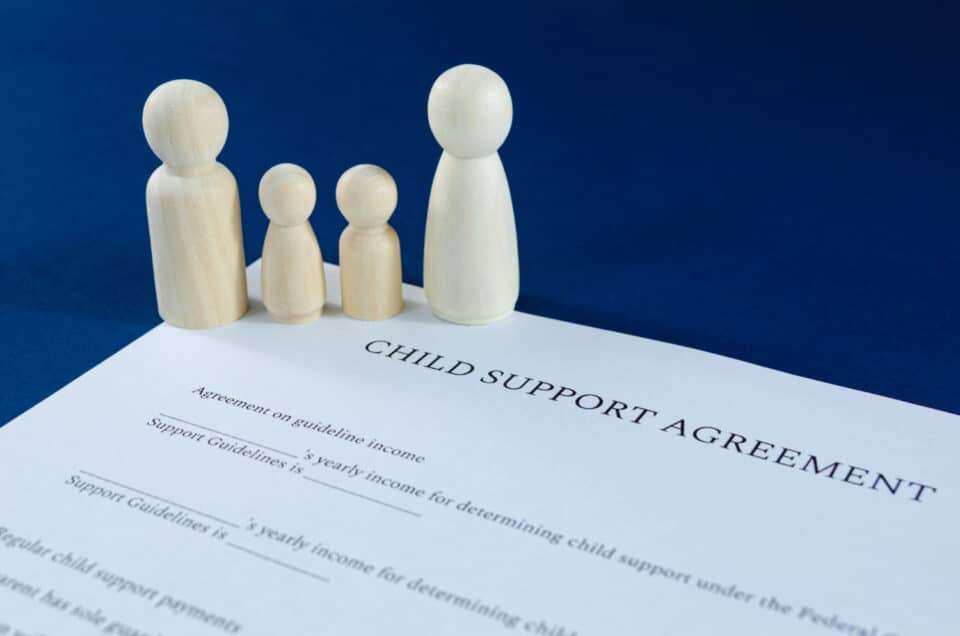Separation can feel like someone pulled the rug out from under your feet. It changes your routine, living situation, and even how you talk to your kids or manage money. While the emotional side can be overwhelming, the legal side can bring its own challenges. Figuring out what steps to take next often feels like piecing together a puzzle without the box image to guide you.
If you’re in Tampa and going through a separation, it’s helpful to know there are a few different ways to move forward legally. Each person’s situation looks different, so what works for one couple might not fit another. Understanding your legal options can make it easier to decide what path makes the most sense based on your family, finances, and future goals.
Understanding Legal Separation in Tampa
In Florida, couples don’t go through a formal legal separation process like in some other states. You can live apart, figure out your finances, and make parenting plans, but the court won’t call it a legal separation. That doesn’t mean there aren’t legal tools you can use while separated, though.
You might still arrange child custody, child support, or spousal support even if neither of you has filed for divorce yet. These legal steps help sort out how things work during a period of separation. For example, if one parent moves out, they may want a formal agreement to make sure they’re still able to see the kids on a regular basis. Or if one spouse is covering the bills, there might be questions about financial support while living apart.
Here’s what you should know about separation arrangements in Tampa:
– You don’t need a separation agreement to live apart, but it helps you stay on the same page
– Florida courts allow requests for child support and alimony without filing for divorce
– You can create a parenting plan that outlines visitation, decision-making, and schedules
– If you decide to move forward with divorce later, having these documents already in place can help speed things up
Even though legal separation isn’t officially recognized here, that doesn’t mean you’re stuck. You have options that provide structure and clarity while you and your spouse live apart. Whether you’re testing the waters of separation or already leaning toward divorce, getting legal support early helps you stay protected.
Exploring Your Legal Options
Once you and your spouse are living apart, you may want to put some legal agreements in place. These help avoid confusion down the road. While every case is different, most people in Tampa go one of three routes: mediation, collaborative divorce, or litigation.
1. Mediation
This process brings both people together with a neutral mediator who helps you work through the issues. The mediator doesn’t make decisions for you but guides the conversation so both sides feel heard and can hopefully reach middle ground.
– Better for couples who can talk things out without too much conflict
– Usually takes less time and money than going to court
– Gives you more control over the outcome instead of leaving it to a judge
2. Collaborative Divorce
This is a more team-based approach. Both spouses hire their own lawyers, and all four of you meet to negotiate. You may also bring in financial planners or therapists if needed. Everyone signs an agreement saying they’re committed to resolving things without going to court.
– Useful if you want to stay civil but need legal protection
– Encourages problem-solving instead of playing the blame game
– Can be customized to fit what’s best for your family rather than following strict court rules
3. Litigation
Sometimes, conflicts are just too big to solve through talking. If you’re facing a lot of disagreement like over property division, custody, or support, you may have to settle things in court. A judge hears both sides and makes the final call.
– Needed when there’s high tension or one person isn’t cooperating
– Slower and can be more costly, but sometimes it’s the only option
– Removes the pressure of trying to work it out yourselves when that’s no longer realistic
Choosing how to handle your separation is about more than just checking boxes. Each option fits a different level of cooperation and complexity. Thinking ahead about what will work best for your situation can make single steps feel less overwhelming.
Key Considerations When Choosing a Legal Option
Choosing a legal path after separation isn’t just about convenience. It usually comes down to what matters most in your personal situation, like your kids, your finances, and your peace of mind. Slowing down and looking at each area individually can make your decision a little easier.
For many separated parents, their first and biggest worry is how the change will impact their kids. School schedules, holiday plans, bedtime routines, and other details can all be affected. Each legal option handles these things differently, so you’ll want to choose one that helps you build a solid parenting plan. Mediation and collaborative divorce often give parents more control when working out custody arrangements. That flexibility can make it easier to structure a plan that suits everyone involved.
Then there’s the money piece. Separation changes how bills are paid, who keeps the house, or how retirement savings will be split. If you’re comfortable negotiating and trust that both sides will be open, then collaborative divorce or mediation might work well. But if you’re worried that finances aren’t being handled fairly or if there’s already tension, going through the courts could be the better route to make sure everything gets looked at closely.
Finally, think about how the process itself might affect your stress levels. If you’re already emotionally drained, the idea of court hearings may feel overwhelming. Having a lawyer and a structured team during a collaborative divorce can ease that burden. On the other hand, people who want to keep the process quicker and more private might find value in mediation.
Here’s a quick way to check what matters most in your own situation:
– Are your kids’ routines and needs your top priority? Prioritize options that allow for flexible parenting plans
– Do you worry about fair asset division? Look for a path that gives room for legal checks and protections
– Is your mental health on shaky ground? Choose a process that reduces tension rather than adds to it
– Are communication and trust low? Consider court involvement where structure is enforced
– Are you both on decent terms? Mediation might work better than expected
There’s no one-size-fits-all answer here, and that’s okay. What works best for you depends on what you need most moving forward. Identifying your key concerns helps you make a legal choice that actually supports your whole life, not just your legal case.
Finding the Support You Need Moving Forward
Looking at your legal options after a separation can feel like information overload. But by breaking it down into smaller decisions—childcare, finances, and emotional stability—you start to see that each step leads you toward something more stable. It isn’t always quick or comfortable, but the more prepared you are, the easier it becomes to take action when needed.
Finding the right legal approach can ease some of the tension during a time when that tension seems everywhere. Whether you want more control over the details, step-by-step guidance, or firm boundaries the court provides, your next move should reflect what’s best for your life right now.
Separation doesn’t mean everything has to stay uncertain. With the right choices and legal support, you gain a clearer direction and stronger footing for whatever comes next. Whether you’re trying to stay on good terms or you’re dealing with bigger challenges, knowing your legal options gives you the confidence to move forward with purpose.
Choosing a path after separation means weighing various legal options carefully. If you’re looking for a compassionate Tampa divorce attorney to guide you through this period with understanding and skill, Covenant Family Law is here to help. Explore our divorce services to see how our knowledgeable team can support you through each step of the process.




